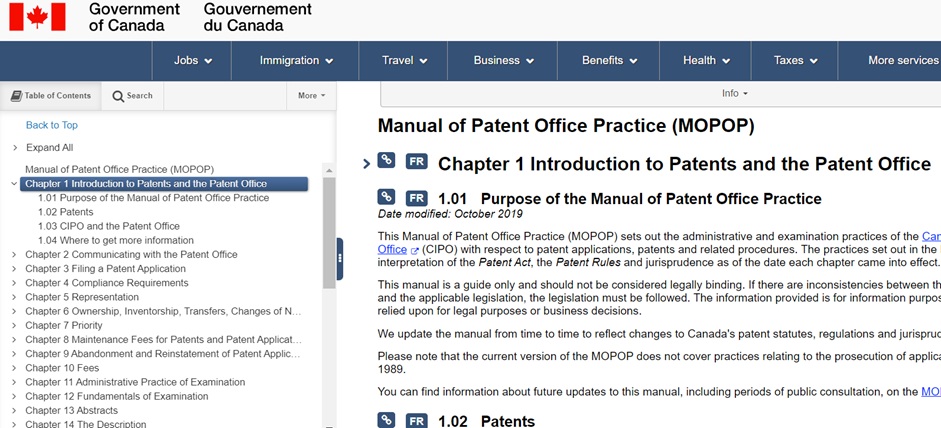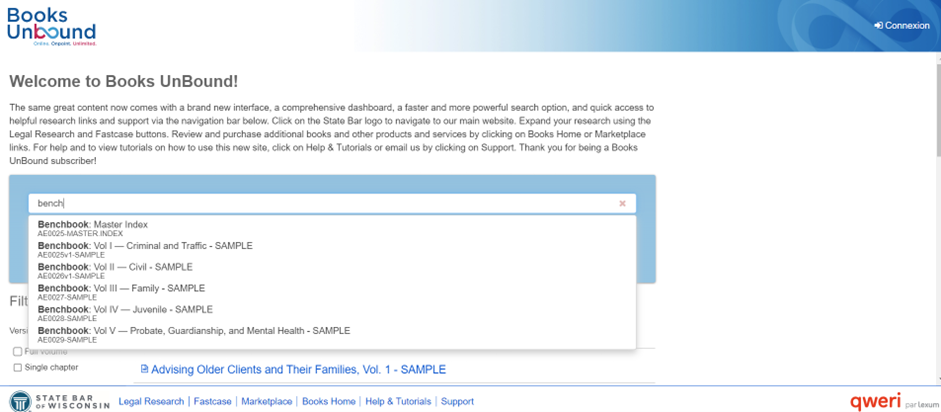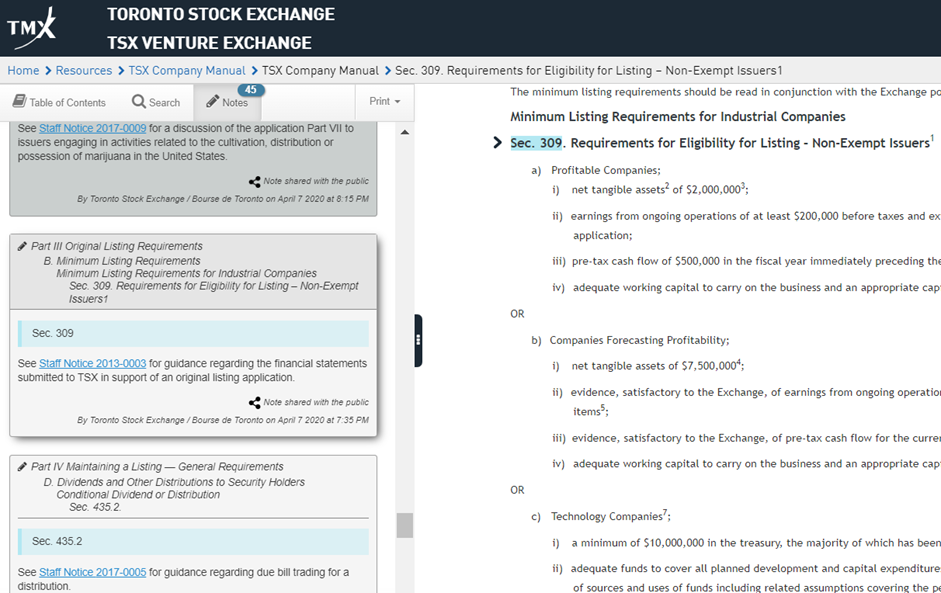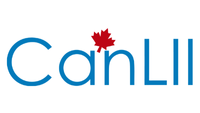Qweri is used to convert large and complex text documents (hundreds or thousands of pages long) from a wide variety of input file formats (MS Word, HTML, XML, DITA, or various versions of PDF, including ISO formats such as PDF-A) into a dynamic HTML5 web environment fully integrated into your website.
However, Qweri is not just another file converter; it is a full-fledged publishing solution that transforms static documents into dynamic, interactive, and easily searchable content. With a host of powerful features, Qweri is revolutionizing online access to large PDF files that are familiar in the legal sector.
Online documents powered by Qweri are integrated seamlessly into your website and made accessible to the public or a private audience as required. No need to fear incompatibility; this is achieved via the cloud, and it works with all technologies. Best of all, your users do not need to download or install anything.
To be clear, Qweri is about more than just digitizing content (actually, this is a service Lexum provides with its Data offer) or just turning your PDFs into plain web pages. As you will see below, Qweri goes far beyond.
Intuitive Online Interface
From the start, Qweri has been developed with the objective of easing and speeding access to information hidden in large and complex documents. Among the features designed for this purpose, you’ll find:
- Infinite scrolling with lazy loading: Instead of downloading the entire document, it is loaded in chunks as the user browses it, making it faster.
- Interactive bidirectional Table of Contents: Highlights in the ToC located to the left of the screen follow what the user is reading, ensuring that context is never lost.
- Support of pictures, infographics, complex tables, footnotes, internal or external links, etc: Whatever is included in the body of your files gets displayed and indexed after a simple drag-and-drop.
- Anchors for creating links to sections of your documents: In a previous post, we explained the different types of links that Qweri can generate for connecting sections and content.

An example of a bidirectional Table of Contents
For legal research purposes, Qweri can be combined with a citator to recognize legal citations included in the body of your files and link them to CanLII (in Canada) or Fastcase (in the U.S.). Thanks to Lexum’s leverage of Large Language Models (LLM), documents hosted in Qweri can also be summarized, translated, or categorized automatically by Artificial Intelligence.
Powerful In-Document Search
Qweri includes a powerful, proven full-text search engine providing snippets, stemming, and highlighting of keywords in context. It lets users quickly locate the answers they need inside large documents or across your entire knowledge base.

Thanks to autocomplete, the search field automatically fills in exact matches.
Qweri search engine supports Boolean search, Proximity search and Wildcard search. Metadata fields can be customized to organize, sort, and provide access to your documents by the most significant criteria for your audience. Search results can be sorted by relevance or in the order they appear within your documents. And Qweri does not only power search within your documents, it also enables users to search their own personal annotations.
A Convenient Collaborative Tool
Once powered by Qweri, users can enhance and personalize the HTML version of your documents by adding their own highlights, comments, and links. Annotations enable the creation of an additional layer of knowledge on top of your original documents. User-generated annotations are kept private by default but can also be shared among teams. Qweri admins are responsible for creating groups and managing access. Admins are also allowed to post

TMX is using Public Notes in Qweri to provide additional context about the rules of the Montreal Exchange to its issuers







